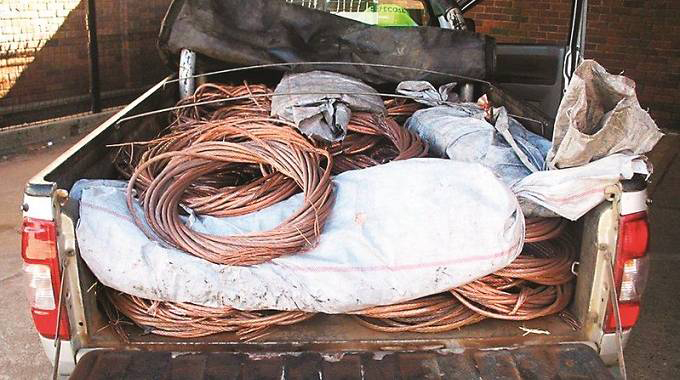Urgent action needed to correct soil acidity levels

Edgar Vhera Agriculture Specialist Writer
THE Government must urgently enforce a national liming exercise to correct high acid levels in soils if the current input distribution programme is to make the projected impact on agricultural productivity, experts have advised.
The call comes on the backdrop of revelations by Information, Publicity and Broadcasting Services Minister Monica Mutsvangwa during her Tuesday post-cabinet media briefing that over 70 percent of the country’s soils were acidic and therefore needed liming to be rehabilitated.
Zimbabwe Farmers Union secretary general, Mr Paul Zakariya yesterday pleaded with the Government to act on the matter saying the blanket provision of inputs to farmers without assessment of the nutrient status of their soils would aggravate rather than improve the current worrisome state of the soils.
“Due to the agro-based nature of our economy, there has been an overuse of the soil, without paying due attention to its health, over the years in most communal and smallholder farming areas.
“The soil needs to be tested for its acidity and alkalinity to determine the right dosage of fertiliser to be applied for improved yields. Random fertiliser application regardless of the soil’s bill of health will cause a bigger problem, such as increasing its instead of benefiting the farmer,” said Mr Zakariya.
He observed that for the country to score improved harvests, the process had to start by fixing the soil health adding that each crop enterprise had its recommended pH levels to influence the effective uptake of nutrients in the soil.
Soil pH indicates the soil’s quality and ability to avail macro and micro nutrients to the crop in addition to other soil structural properties.
Soil management is crucial in the protection, restoration, maintenance and improvement of soil fertility for improved crop productivity.
Meanwhile, farmers from Seke District, Mashonaland East Province, who sent soil samples for testing to Government laboratories in the 2019/20 season are yet to receive the results prompting them to voice their growing concerns on the usefulness of the exercise.
A farmer in Seke’s Ward 8 who requested anonymity said farmers were likely to snub calls to do soil testing in the future, as they had not received results for tests done in the aforementioned exercise.
“Sometime in 2019/20 Agritex extension officers taught us how to get soil samples for analysis and asked us to take them for analysis with our names inside the packs. We even paid for the analysis through Eco cash but we have never received the results up to now,” said the distraught farmer.
However, Agritex extension supervisor, Mr Innocent Munemo revealed the Research Institute to which the samples were taken was overwhelmed by sample numbers while the advent of Covid-19 slowed down the process.
“Yes, it was a nationwide exercise where farmers collected a kilogramme of soil for testing at a minimum cost but the results were not all out because of the shear volumes of the soil samples. It is therefore prudent for farmers whose results have not yet come to contact their extension officers with their details,” said Mr Munemo.
If such results were availed now, that would give Government indications of the right quantities of fertilisers to distribute to farmers.
As an example, if a farmer’s soil is acidic, it needs lime, which should be applied three to six months before planting of crops.
Government therefore needs to urgently distribute lime to acidic soil hotspots in the country for a successful 2022/23 agriculture season as input distribution to farmers is imminent.
The Grain Marketing Board (GMB) has since been confirmed ready to start distributing the 2022/23 cropping season’s inputs under Government Pfumvudza/Intwasa programme.
Late input distribution in the past seasons has been fingered as one issue affecting the effectiveness of the programme after starting after the first rains in some cases with some farmers receiving a bag of top-dressing fertiliser without seed or basal fertiliser or even getting it later in the season when it would no longer be very relevant.











Comments